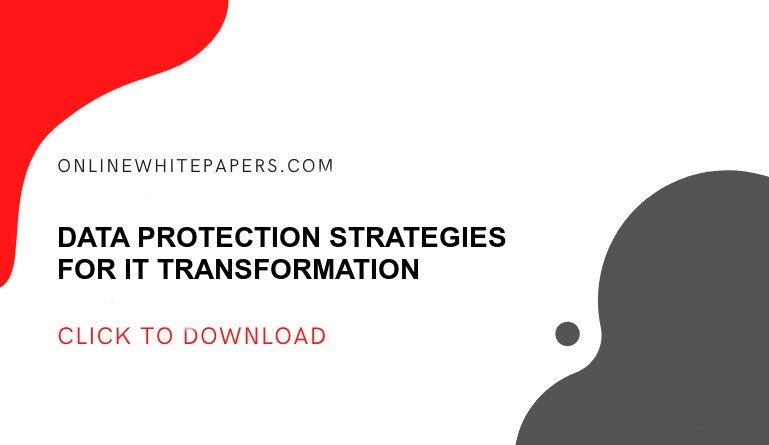Regardless of whether your industry is eCommerce, health care, transport, or something else, protecting your commercial assets is extremely important. When you run a business, you’re open to various risks, including but not limited to natural disasters, lawsuits, and product malfunctions. By protecting your commercial assets, you minimize these risks and protect your company from suffering serious losses or even failing entirely.
Below are 6 Guidelines for Setting up a Solid Asset Protection Plan.
-
Invest in a Comprehensive Insurance Policy
Having a solid asset protection plan is important as it helps you minimize the risks of lawsuits and other damages; however, it shouldn’t be a substitute for liability and professional insurance. A comprehensive commercial insurance policy provides help when lawsuits actually occur and ensure that you keep your commercial assets instead of having them end up as a part of a court-ordered settlement.
If you also own vehicles, you should also consider purchasing commercial auto coverage online or through an agent. Whether you only have one truck or a fleet of delivery cars, a commercial auto insurance policy can protect your business from unexpected expenses if you or your employees are involved in an accident and provide coverage for property damage, damage to your vehicle, medical bills, expenses for claims related to emergency care, legal fees, and more.
-
Protect Your Assets in a Business Entity
If you operate your business in the form of an unincorporated entity, such as a general partnership or a sole proprietorship, there will be no legal distinction between you and the business entity. Setting up an LLC is a great way to reduce business risks and protect your commercial assets. A limited liability company helps you avoid personal liability for debts incurred by your business by keeping your personal assets separate from those of your company.
Considering the fact that LLC regulations vary depending on the state, it’s a good idea to get legal advice in order to ensure that you understand the procedure and how it benefits you and your company.
-
Maintain the Corporate Veil
Maintaining the corporate veil means keeping your personal assets separate from your commercial assets. In order to achieve this, you will need to keep your company’s registration up-to-date, avoid signing any business-related documentation in your name, hold annual meetings and keep annual minutes, and have a separate bank account for your business.
In some states, certain professions such as lawyers, doctors, psychiatrists, and dentists, cannot protect themselves from liability with a business entity like LLC for claims arising directly from their actions. If this is the case, you should consider protecting your personal assets in other entities, such as a trust or an FLP (family limited partnership). If you’re sued personally, your personal assets will be protected within these entities and out of the hand of creditors.
-
Use Video Security Systems
A comprehensive commercial security system equipped with CCTV cameras is a great way to increase insight into your operations and protect yourself against false claims.
For instance, in case of claims of wrongful injury, harassment, or improper employee behavior, surveillance cameras will provide video evidence that enables you to either verify or refute such claims, protecting your company from being held liable for incidents that didn’t actually take place.
-
Safeguard Important Documents
Keeping detailed and accurate records is one of your best ways to protect yourself in case of a lawsuit or audit. However, you must make sure that all your records and documents are secure by storing them in a digital format or in fireproof cabinets.
This will ensure that you have easy access to them when you need them, even in the case of disasters like floods or fire.
-
Have a Business Succession Plan
Have you ever thought about what will happen to your business if one day you don’t show up at work? According to experts, more companies fail due to a lack of a business succession plan than from lawsuits. If you want to protect your commercial assets, you’ll need to come up with a solid plan for this situation.
Start by creating a comprehensive knowledge base that allows your business to keep operating. Make sure whoever you expect to step up in case something happens to you knows the roles they’re to assume, and that there are documented procedures to be followed through the transitional period.
Final Thoughts
Developing and implementing a plan will help you protect your business from lawsuits, claims, damages caused by your employees, and professional liability using legal concepts and entities.
Follow the advice and information in this guide to better understand asset protection strategies, minimize risks, keep your assets out of the hands of creditors, and help your business survive.






